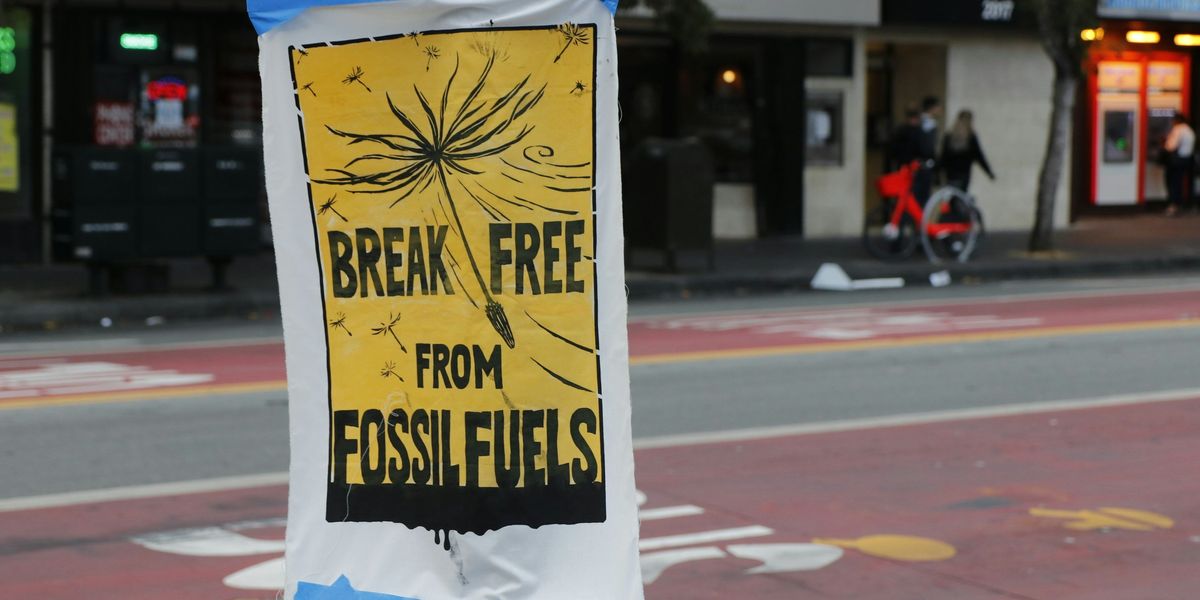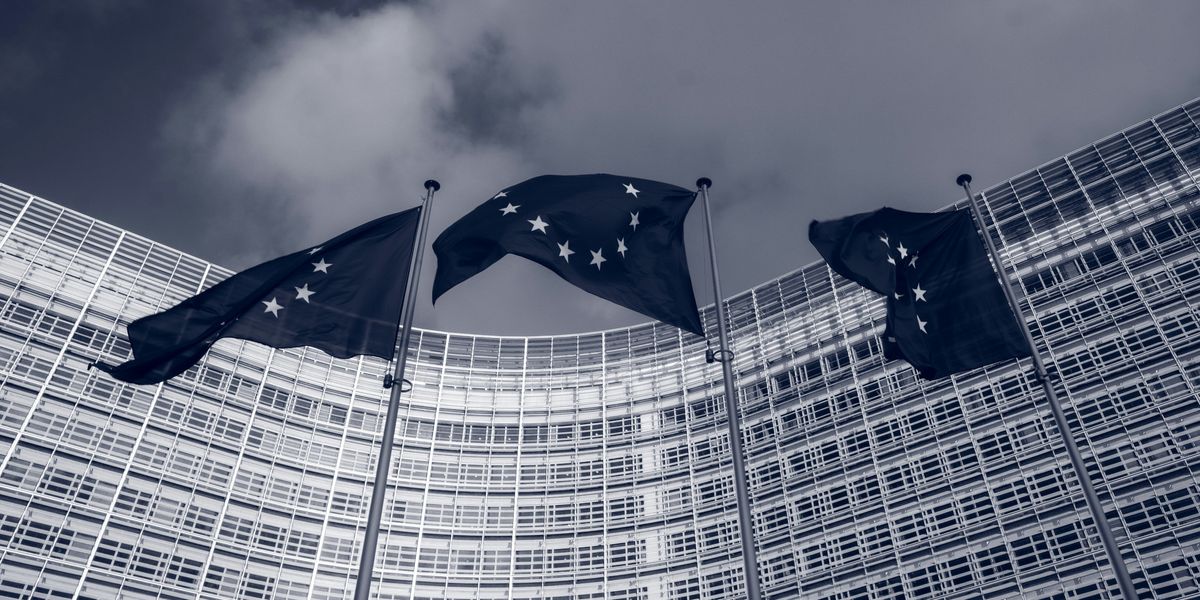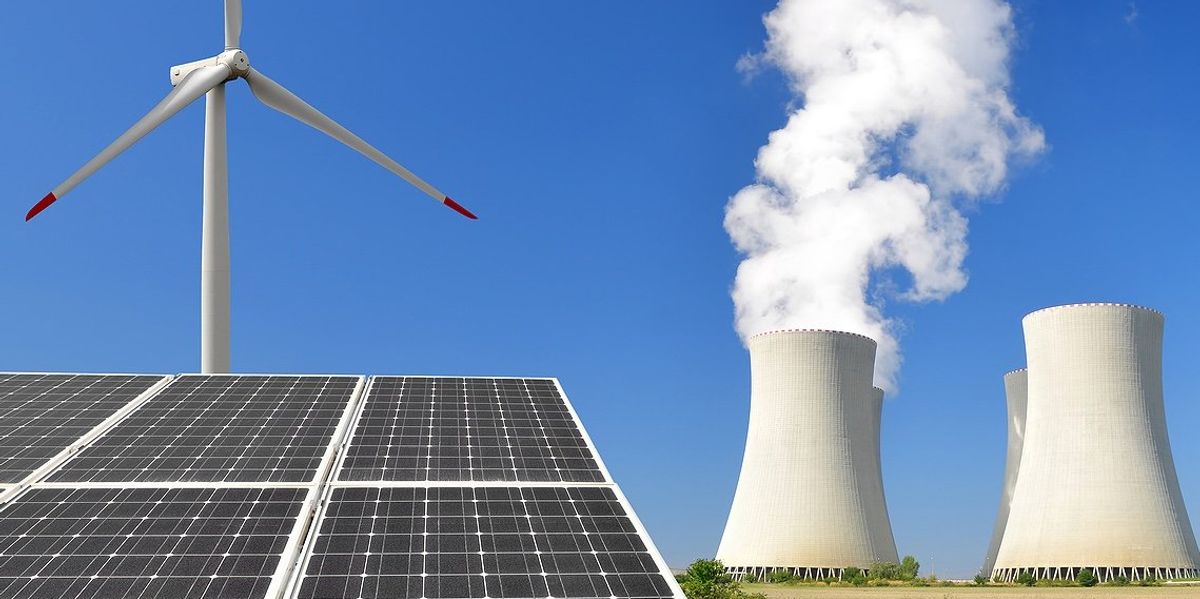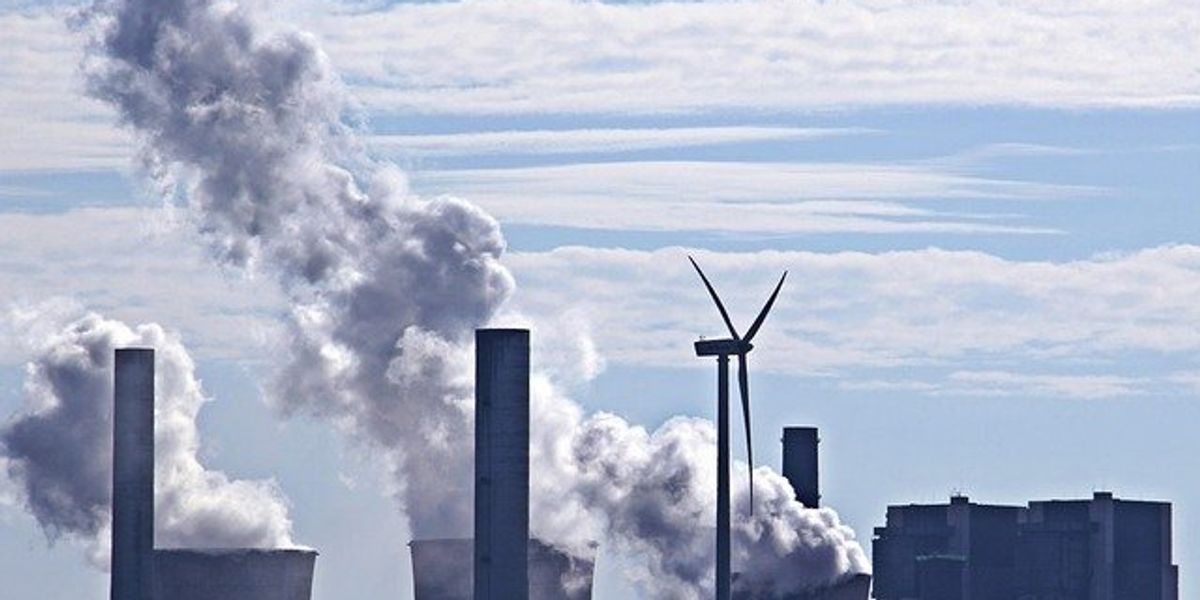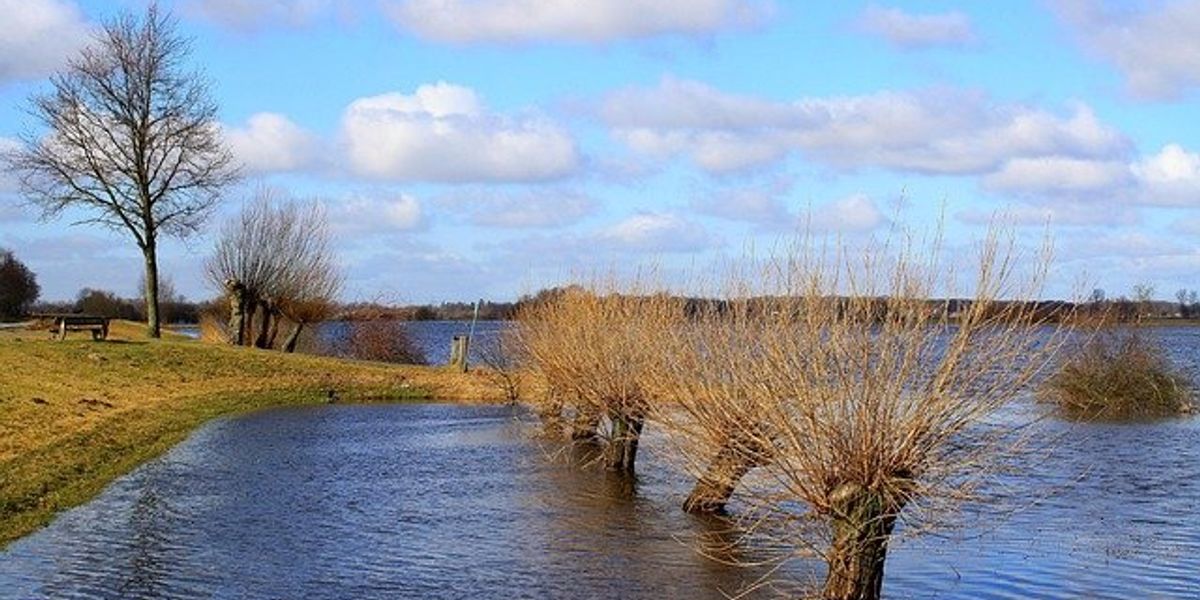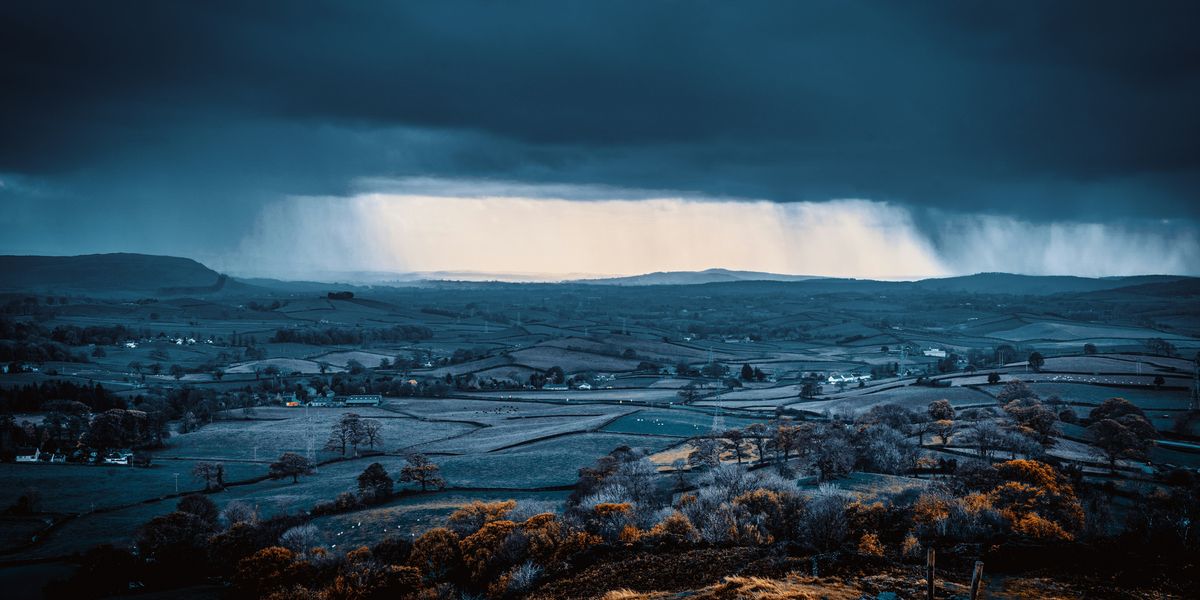Trump administration redirects clean energy funds in defiance of Congress
The U.S. Department of Energy (DOE) is cutting funding for wind, solar, and electric vehicles despite a signed federal budget that preserved those levels, prompting accusations of unlawful spending violations.
In short:
- The DOE released a spending plan showing steep cuts to renewable energy programs for fiscal year 2025, even though Congress passed and President Trump signed a law maintaining previous funding levels.
- Lawmakers and watchdogs question whether DOE has legal authority to make the reductions, noting potential violations of the Impoundment Control Act, which prohibits the executive branch from withholding congressionally approved funds.
- DOE officials admit that project approvals have stalled due to lack of authorization to extend funding, effectively pausing many renewable energy projects without formally canceling them.
Key quote:
“This isn’t a bureaucratic misstep – it’s a deliberate, partisan effort to sabotage bipartisan law and redirect funding to the energy sources favored by Secretary [Chris] Wright and his allies.”
— Sen. Patty Murray and Rep. Marcy Kaptur, top Democrats on the Senate and the House Appropriations Committees
Why this matters:
When Congress sets funding levels, federal agencies are bound to follow the law. If the executive branch sidesteps those decisions to favor certain energy sources, it undercuts democratic accountability and disrupts long-term planning in clean energy sectors. These programs not only cut emissions but create jobs, reduce dependence on fossil fuels, and improve public health by decreasing pollution.
Learn more: Vermont climate goals face setbacks as federal support disappears


